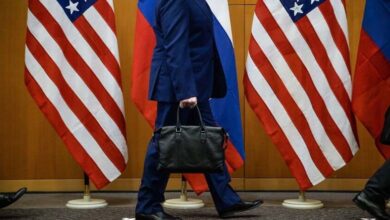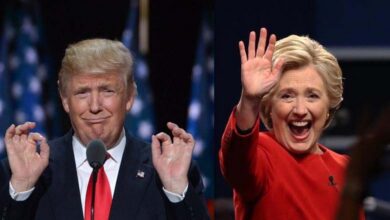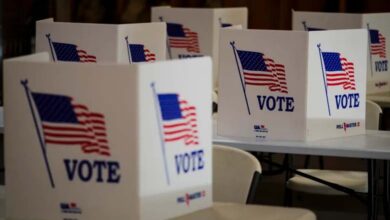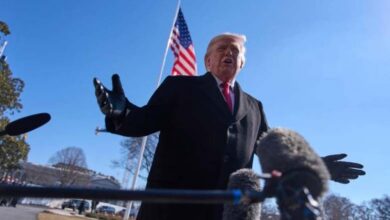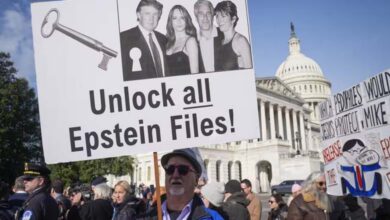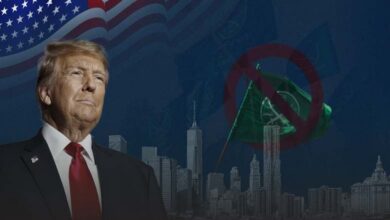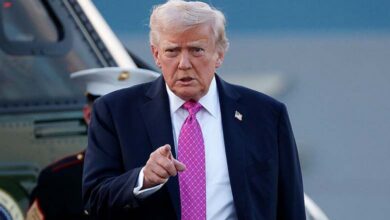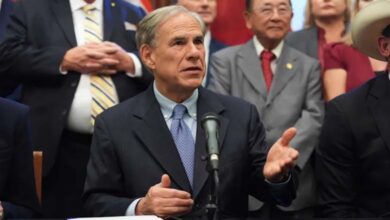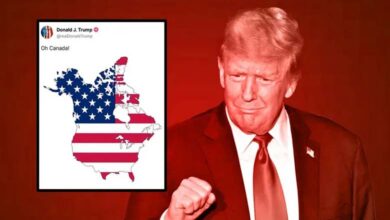Denial of Lineage: The Shadow of a Ban Haunts the Muslim Brotherhood in the U.S. and Europe
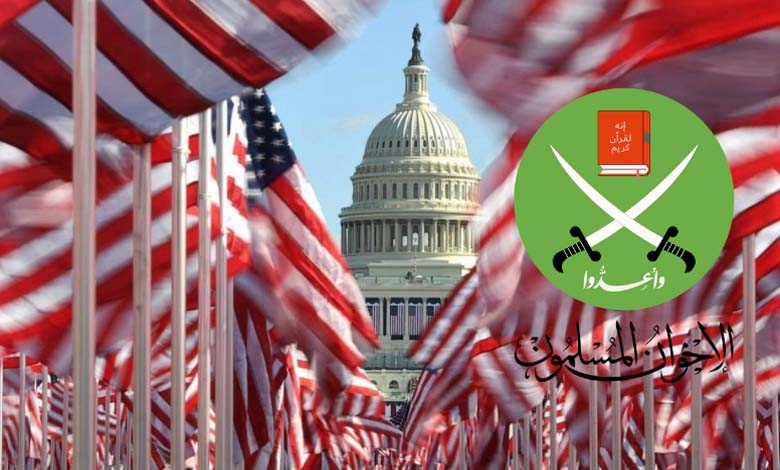
As scrutiny intensifies across Europe and the United States, the Muslim Brotherhood appears to be adopting a new survival tactic—erasing its own identity. By denying formal links to the Brotherhood, its leaders hope to disguise their networks, rebrand their institutions, and escape the looming threat of prohibition after decades of operational freedom in the West.
Several Western governments have begun reviewing the Brotherhood’s transnational activities, particularly in the economic and civil sectors. The growing concern over the group’s political influence and suspected links to extremist organizations has prompted discussions about banning or heavily restricting its operations in countries such as the U.S., France, and the U.K.
-
The Muslim Brotherhood and the specter of designation: a senior U.S. official calls for a decisive step
-
The Muslim Brotherhood Threatens U.S. Security… a Shocking Article in Newsweek
Strategic Meetings and Institutional Reconfiguration
To preempt potential bans, the Brotherhood’s global leadership, headed by Secretary General Mahmoud Al-Ibiary in London, has convened a series of high-level meetings. Sources confirm that these discussions, attended by senior figures such as Palestinian businessman and British citizen Abdel Rahman Aboudieh, focused on a plan called the “Identity Concealment Strategy.”
This plan involves transferring ownership of Brotherhood-affiliated organizations, associations, and companies to new individuals unconnected on paper to the movement. These transfers are largely cosmetic, designed to shield assets from legal repercussions while maintaining operational control. In parallel, the renaming of several institutions is planned to create the appearance of newly established, politically neutral organizations.
The Brotherhood reportedly aims to complete this restructuring within six months, ensuring that its global financial and logistical networks remain functional even in the face of government bans.
-
U.S. Congress Moves Closer to Designating Muslim Brotherhood as Terrorist Organization
-
Why America Needs a Thorough Investigation into the Muslim Brotherhood’s Activities
A British Precedent
This approach echoes earlier tactics. In 2014, following a comprehensive review of the Muslim Brotherhood led by Sir John Jenkins under former Prime Minister David Cameron, the group restructured many of its institutions in the U.K. Although not formally banned, the Brotherhood rebranded multiple entities to appear independent, thereby maintaining influence while evading government restrictions.
Research by the International Centre for the Study of Radicalisation and Political Violence at King’s College London later confirmed that these transformations were primarily intended to avoid scrutiny while preserving the Brotherhood’s political and financial networks.
-
Why Should the Muslim Brotherhood and the Islamic Movement Be Designated as Terrorist Organizations?
-
The Muslim Brotherhood under scrutiny: a persistent threat concealed behind democratic slogans
The Role of CAIR in the United States
In the U.S., the Council on American-Islamic Relations (CAIR) plays a prominent role. Publicly described as a civil rights organization defending Muslim Americans, CAIR has repeatedly faced allegations of ideological and financial ties to the Muslim Brotherhood.
Recent communications suggest that CAIR leaders have warned Brotherhood representatives of increasing political pressure, describing the coming period as “particularly difficult.” This concern coincides with legislative efforts: in August, Republican Senator Ted Cruz introduced a bill to designate the Muslim Brotherhood as a terrorist organization.
Shortly afterward, U.S. Secretary of State Mike Rubio stated that Washington was considering restrictions or an outright ban on the Brotherhood’s operations, citing “serious security concerns.”
-
Muslim Brotherhood Collapsing: Video Exposes Mahmoud Hussein’s Manipulations and Leadership Struggles
-
Between Caution and Allusion: How Western Media Portray the Muslim Brotherhood
Tactical Shifts and Temporary Retreats
In response, the Brotherhood’s international office has ordered a temporary suspension of pro-Palestinian activities—especially those linked to Hamas—to avoid attracting additional scrutiny. It also plans to replace Palestinian leadership figures within Western institutions with new, non-Palestinian representatives to diversify its image.
Between Adaptation and Survival
The Muslim Brotherhood now faces one of the most critical junctures in its modern history. By engaging in what internal documents call “identity denial,” it seeks to survive through camouflage—rebranding, asset transfers, and internal reshuffles. However, this adaptive strategy might ultimately deepen international distrust, reinforcing calls across the Atlantic to classify the movement as a terrorist organization.


